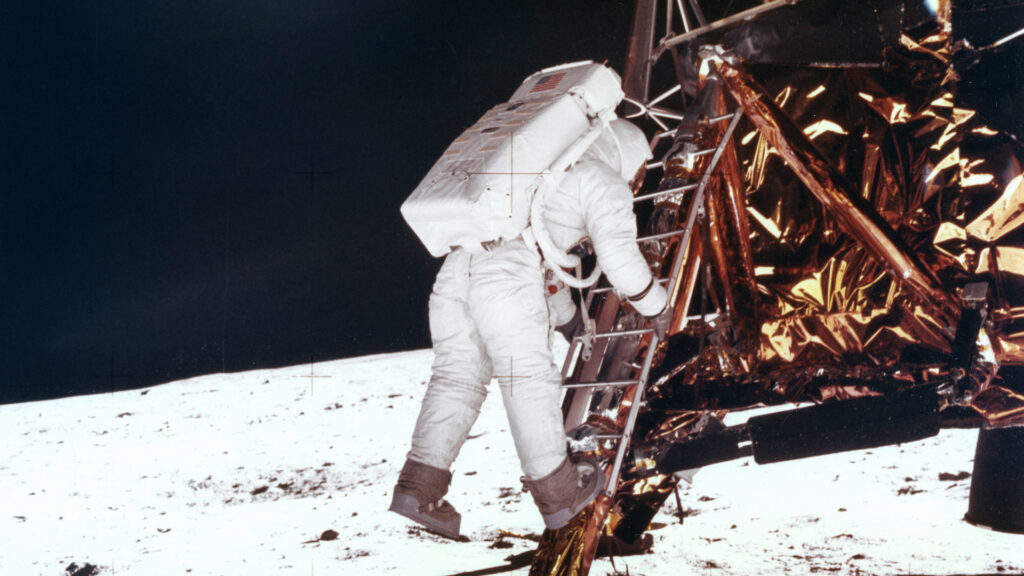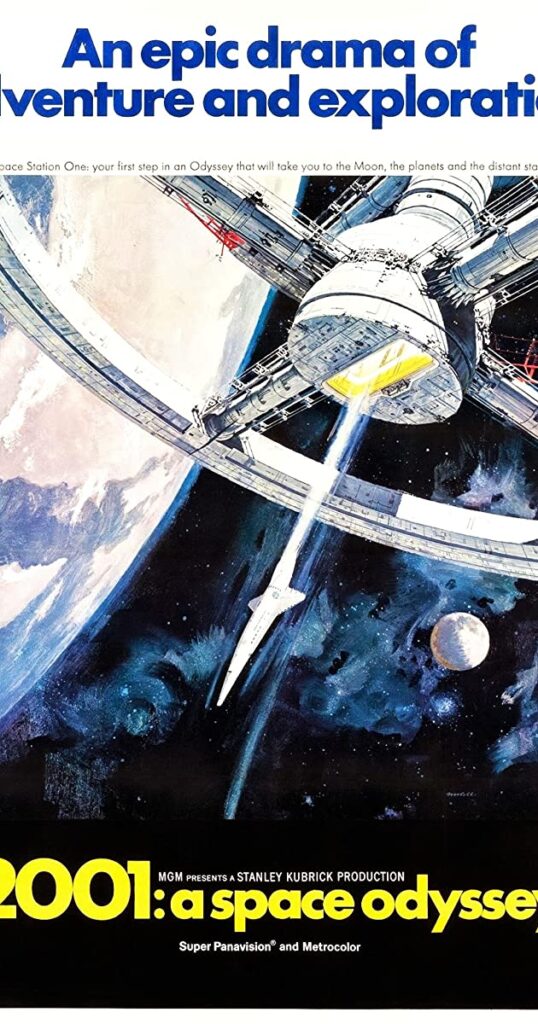
July 21st marked the fiftieth anniversary of Neil Armstrong setting foot on the moon culminating one of the greatest human engineering achievements in history. I remember watching that first step on a friend’s black and white 25 inch console television set. My first thought after recalling that moment at the 50th anniversary was “am I really that old?” But after that shock wore off my thoughts turned to value of the Apollo program. Was it worth it? After all the cost of that first step was the equivalent of hundreds of billions of dollars in today’s money.
Most people argue the benefits of the Apollo program in terms of the technological spin-offs. It is often suggested the modern semi-conductor industry would not exist today at least in its present form if not for the Apollo program. That may be, but I think the greatest legacy of the Apollo program was how it inspired whole generations to become excited about engineering as a career. How millions of young men and women were inspired, became engineers and worked to make people’s lives better.
Many people remember the late 60s as a time of social upheaval but many of today’s engineers remember it as the time that inspired them to become engineers. Not only the moon landing, but also TV programs and movies like Star Trek and of course Stanley Kubrick’s classic space ballet – 2001. Both painted a picture of a future we not only wanted to live in, but to also create. I wanted to design and fly amazing space craft. I wanted to be one of the pilots of the Orion space shuttle or one of the engineers who designed and built the Clavius lunar base. Or the creator of HAL – the amazing and psychotic Artificial Intelligence controlling the Discovery. I was going to create and live in the world of 2001.

Of course it was not to be. The reality was that in 2001 I wasn’t designing cool space craft or lunar bases. Rather I was sitting in a rather ordinary conference room on Earth in yet another project status meeting during the development of a new cellular telephone system. Somehow my career placed me in a cube farm designing telephone switches, and railway signalling systems. I can’t recall a cube farm in Star Trek, or 2001. Nor do I recall project status meetings. Worse, later in my career I became a candidate passenger for the Golgafrincham “B” ark, and became a management consultant. It’s really, really hard to be stuck on Earth when your imagination is in the stars. Or is it?
For those not familiar with Douglas Adam’s “Hitchhiker’s Guide to the Galaxy, the “B” Ark was an attempt by the Golgafrinchams to remove all the “useless” people from their society such as account executives, public relations experts, and of course management consultants by telling them the planet was doomed. The Golgafrinchams gave them the “privilege” of being the first to leave Golgafrincham aboard a giant space ship called “B” Ark.

Even though I didn’t get to design moon bases and space craft, much of the work I did created value for a lot of people. The work I did with thousands of others designing digital exchanges and cellular telephone systems dramatically improved the communications services available to millions of people around the world. Railway signalling enabled cities to increase the capacity of their transit systems. Maybe not as cool as a lunar base, but we made a difference in peoples’ lives. More than that I got to work with many amazing people and I even had fun doing it – maybe with the exception of the project status meetings.
While the technological spin-offs of the Apollo program are always cited as its lasting economic legacy, I think it was how the program inspired so many of us to become engineers. We didn’t get to build space stations or lunar based or psychotic AIs, but we created wealth and comfort for many. Every day people make phone calls, take a train to work, watch television, drive their car, turn on an electric light and get a drink of water without any thought does of the extraordinary efforts made to create this world. For me this is what it means to be an engineer, we make people’s lives better, and no one has to give a second thought about it.
So, what will be the next great engineering achievement that will inspire the upcoming generations of younger engineers. While I would like to think of an Apollo repeat, that is a Mars landing, I don’t see that has having the same impact as the original moon landing. We have done our job well and space exploration is just yet another interesting domain, one among many. What, I see in the so called “millennials” and generation “z” is an overpowering desire to make the world a better place. David Pink argues that people are purpose driven and the current generations of children and young engineers are inspired by making the world a better place more than ever. Coping with climate change, developing new energy sources and distribution systems, ensuring there is enough food, clean water, and proper shelter for a future with 8 billion people. Building the systems and creating the wealth that allow all those 8 billion people to live in comfort and dignity while realizing their aspirations will be our greatest engineering achievement.
